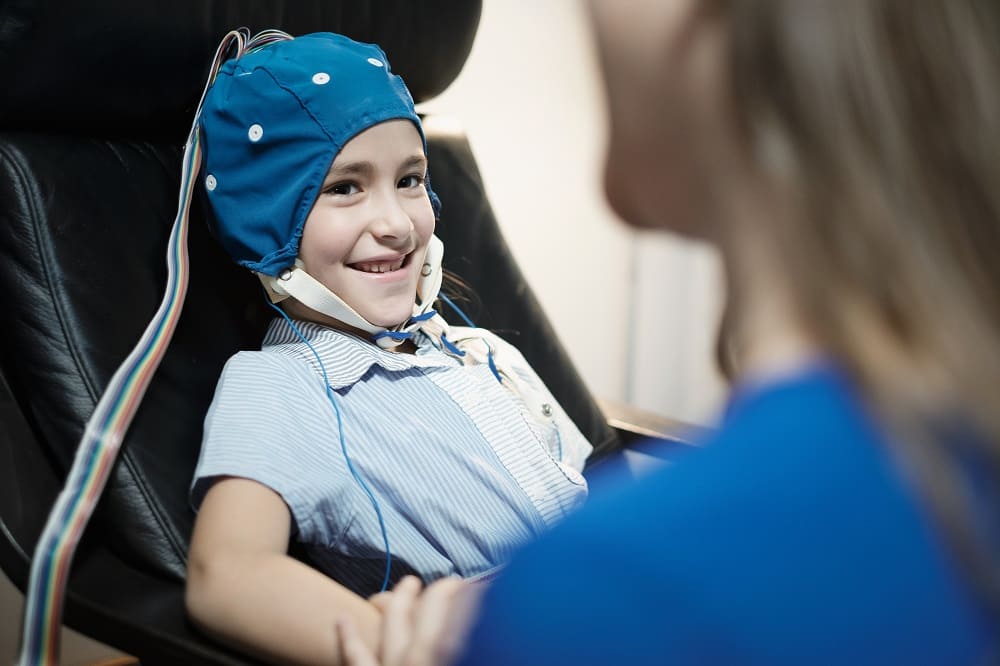Biofeedback Training in Miami
This year I started a project of reaching out to all of the HBCUs (Historically Black Colleges and Universities). I want to find out if they are using biofeedback and neurofeedback. I am interested to find out how many of them are using biofeedback and how they are using it. If they are not already using biofeedback, I want to introduce it to them and help them begin to find out the ways it can be used.
I have started with the states closest to New York since that is where I am. This is also where we do most of our training. I am looking at the schools in Florida next since we have also been doing biofeedback and neurofeedback training in Miami, Florida for many years.
I looked at the list of HBCU institutions in Florida and found that there are four listed as being located in the state of Florida; Bethune Cookman University in Daytona Beach, Edward Waters College in Jacksonville, Florida A&M University in Tallahassee, and Florida Memorial University in Miami.
Since the other schools are between 260 and 480 miles from Miami, I will start by contacting Florida Memorial University in Miami and then continue with contacting the other institutions.
I have been involved with providing biofeedback equipment and training and doing presentations on stress management and physiological monitoring at many colleges and universities. The universities I have worked with include Pace, NYU, Yale, NC State, Rutgers, Brooklyn College, Denison, Drury, Otterbein, Bradley, University of Colorado, Idaho State University, Seton Hall, Fordham, Campbell, and Vanderbilt University.
Because biofeedback may be used in so many different ways it can be found in various departments and courses. It can be taught as a therapy tool for stress-related disorders in mental health, psychology, counseling, stress management, or behavioral health course. It could also be part of a neuroscience course and might include neurofeedback, QEEG, and brain mapping. The same equipment that is used therapeutically can also be used for research that includes physiological monitoring. It can be used to measure how things like muscle tension, skin temperature, skin conductance, heart rate, heart rate variability, respiration, and EEG/brainwaves change in response to various stimuli or interventions.
I would like to see faculty and students at HBCU colleges and universities in Miami, Daytona Beach, Jacksonville, and Tallahassee receives biofeedback training so that they can use this tool as part of the educational process at their institutions so that they can have the same access tools that other colleges and universities have.
Harry L. Campbell
914-762-4646 – Harry@biofeedbackinternational.com
Author of What Stress Can Do, Available on Amazon.com
Biofeedback Resources International Corp.





